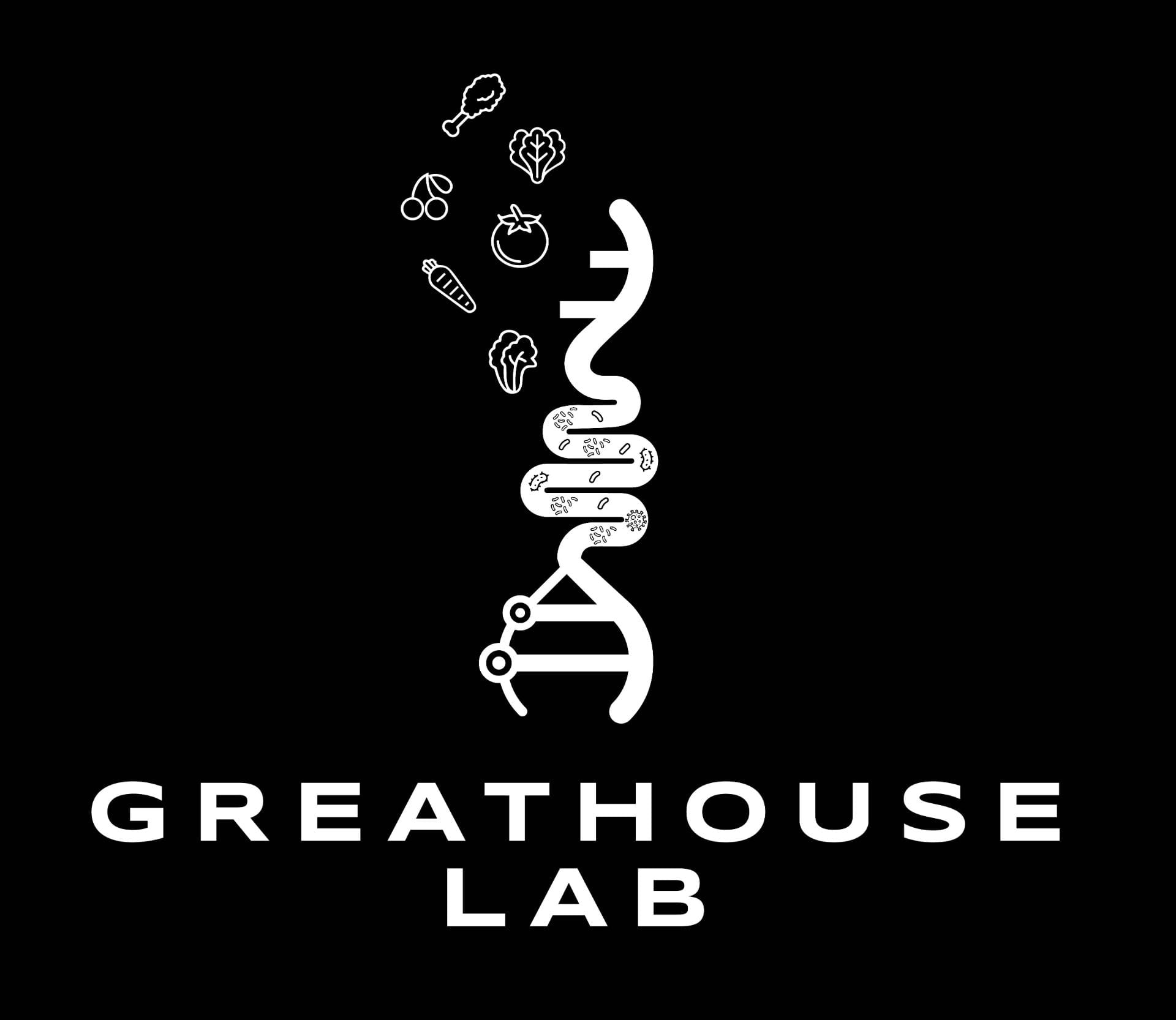Welcome to the Greathouse Lab
Developing integrated dietary and microbial tools for cancer prevention
Our Mission
The focus of our research group is understanding the relationship between diet and the microbiome in obesity and obesity-associated cancers, specifically colon cancer. Our goals are to 1) identify the dietary factors that modify the microbiome and their contribution to obesity and colon cancer, 2) elucidate the key mechanisms controlling microbiota-host communication, and 3) develop microbial classifiers that improve stratification of patients for colon cancer treatment. Ultimately, our goal is to discover dietary factors and microbial targets for the development of clinical tools to prevent colon cancer development, and reduce morbidity and mortality from colon cancer.

Research Areas

Diet-Microbiome Interactions
Understanding the diet-microbiome relationship is one of the first steps in creating precision nutrition approaches to improve cancer treatment response. We are primarily focused on the amino acid tryptophan, the catabolism of which is unregulated in colon cancer. Specifically, lack of tryptophan in mice leads to impaired intestinal immunity and increased microbiota dysbiosis (Taleb 2019). Furthermore, several types of tumors show excessive tryptophan consumption, leading to addiction to the kynurenine metabolites and immunosuppression. Since ~4-6% of unabsorbed tryptophan is metabolized by the gut microbiota into indole and indolic species, we are investigating the role of indoles in the context of colon cancer pathogenesis. Typically, indoles in the normal intestinal epithelial cell are protective, creating improved barrier function and immune tolerance; however, it is unknown how indoles or which indole species affect colon carcinogenesis. Thus, one of our goals is to understand the contribution of bacterial indoles to colon cancer and cancer treatment response.
Colon Cancer Treatment Response
Several studies now demonstrate that the microbiome is a contributing factor in cancer treatment response. However, a missing component of many of these studies is the effect of diet. Given that diet is one of the strongest factors affecting microbiome structure and function and is associated with chemotherapy toxicity, we propose that diet, in combination with the microbiome, is a key factor in developing highly precise predictive biomarkers of cancer treatment response and specifically chemotherapy-induced diarrhea. Chemotherapy-induced diarrhea (CID) is often a severe side effect of chemotherapy treatment, occurring in 56.3% of colorectal cancer patients treated with FOLFOX (folinic acid, calcium folinate, fluorouracil (5FU)). CID is related to 5% of deaths that occur with combination chemotherapy treatment. There are no clinical biomarkers for chemotherapy-induced diarrhea, and current strategies for prediction of diarrhea have not yielded positive results. Mucosal damage and inflammation are hallmarks of CID, and both the microbiome and diet are key factors controlling immune and mucosal homeostasis. Thus, our resident gut microbes together with diet present a promising opportunity to develop CID predictors, especially given that significant changes occur in the microbiota after chemotherapy. However, the field still lacks critical prospective human studies to not only develop biomarkers of chemotherapy-induced diarrhea, but also to determine causative mechanisms. Our long-term goal is to identify causative mechanisms governing the relationship between the gut microbiome, diet, and colon cancer toxicity and treatment response, in order to develop preventative strategies that will reduce recurrence and improve survival.


Host-Microbe Communication
Alterations in diversity and function of the gut microbiome are associated with concomitant changes in immune response, including chronic inflammation. Chronic inflammation is a major risk factor for colorectal cancer (CRC). An important component of the inflammatory response system are the toll-like receptors (TLRs). TLRs are capable of sensing microbial components, including nucleic acids, lipopolysaccharides and peptidoglycans, as well as bacterial outer membrane vesicles (OMV). OMVs can be decorated with or carry as cargo these TLR activating factors. These microbial factors can either promote tolerance or activate signaling pathways that lead to chronic inflammation. The goal of this project is to understand how commensals and pathogens, using both non-enterotoxic B. fragilis (NTBF) and enterotoxic B. fragilis (ETBF), differentially affect immune responses through small RNAs secreted in outer membrane vesicles.
Recent News
Congratulations to Colin Scano, James Lotter, Bryan King, Aadil Sheikh, and Julia Xu on their new publication!
Manuscript from the Greathouse lab, "Outer membrane vesicles from Bacteroides fragilis contain coding and non-coding small RNA species that modulate inflammatory signaling in intestinal epithelial cells." was accepted for publication in the Journal of Extracellular...
Robbins College Alumna Wins Award for Contributions in Nutrition
Dr. Elisa Marroquín, Baylor M.S. and Ph.D. alumna, receives the Texas Academy of Nutrition and Dietetics Bluebonnet Award for her outstanding contributions to advancing nutrition and dietetics in Texas. Read the full story here:...
Congrats to Graduate Student Maysen Hauck!
Congrats to Maysen on winning 3rd place in the poster presentation at the BU CEGGS Symposium
The Lab Team

